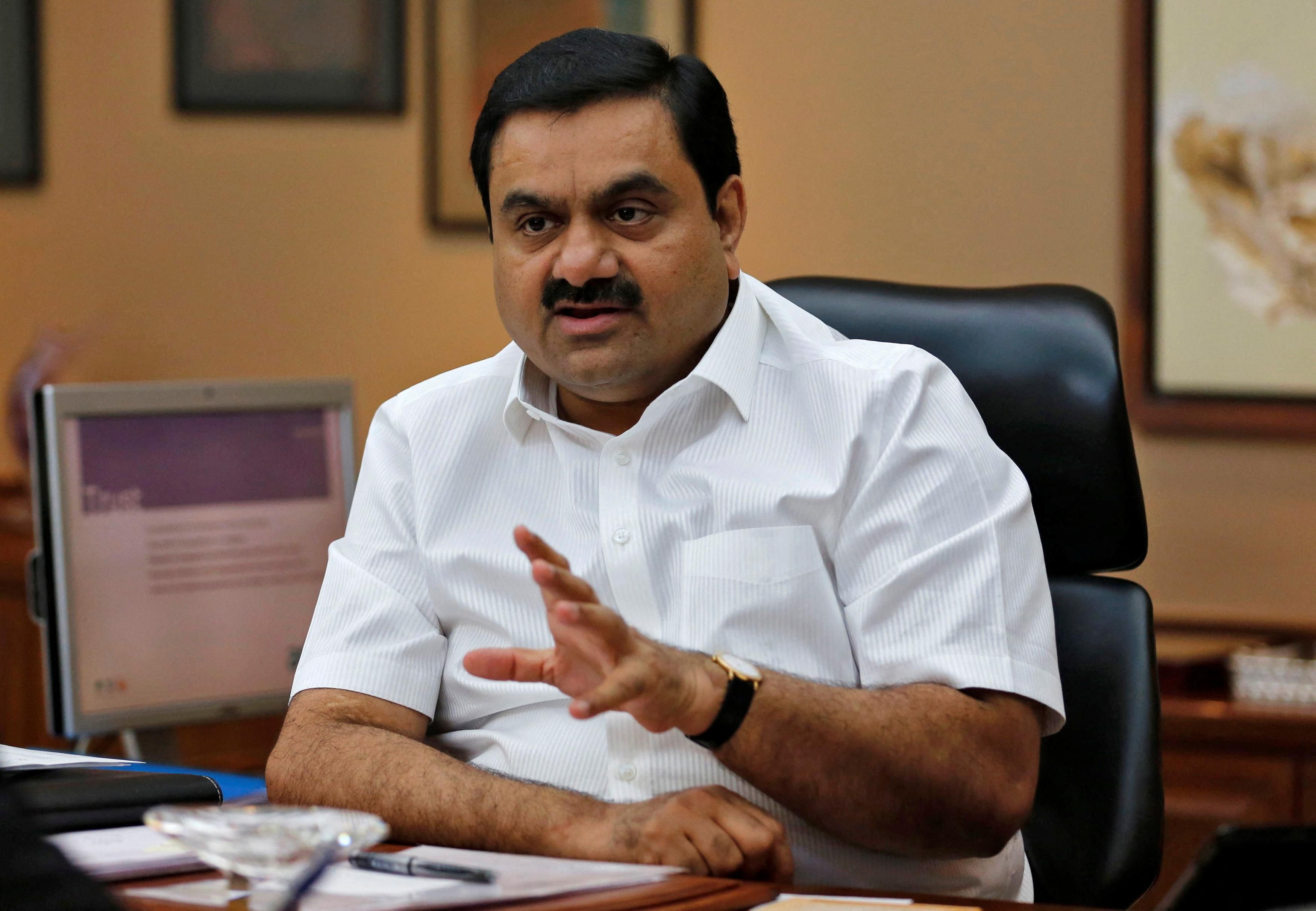For years, India’s Adani Group, an Indian conglomerate and the world’s largest private developer of coal plants, faced repeated allegations of corruption, money laundering, and theft of taxpayer funds. Those claims tended to be of local origin, and they triggered low-level investigations that usually went away. Meanwhile, Gautam Adani, 60, continued to amass his wealth, becoming critical to India’s infrastructural expansion under powerful Prime Minister Narendra Modi. Known as “Modi’s Rockefeller,” Adani is now Asia’s wealthiest man.
US probe leads to scandal. Now, Adani’s family-run energy and transport empire has been slammed with a US-based investigation by Hindenburg Research. The New York-based financial forensics investigator has cited evidence of suspected money laundering, stock manipulation, and tax fraud, causing Adani Group’s market value to tumble. Crucially, the report also raises questions about Adani’s proximity to his friend and ally, Modi.
Starting off with diamonds and commodities, Adani is now the coal king of India. Despite protests and regulations against the use of dirty fossil fuel, the first-generation entrepreneur has also expanded into defense, media, and cement, but much of his money has come from energy and infrastructure contracts, many of them tendered during the Modi era. While the relationship between the two men has been under scrutiny for years, the widely cited Hindenburg investigation doesn’t just detail the extent of Adani’s misdoings, but it also claims he couldn’t have gotten so far without the government stonewalling regulators and supporting his expansion.
Modi’s been silent about his ties to Adani, but he has reportedly nurtured a connection with him since the 1990s. Before Modi was PM, he was the chief minister of Gujarat, the same state where Adani got his start and where one of Modi’s major gifts to him was land at a throwaway price, which essentially became the launchpad for Adani’s biggest power moves.
The fallout. The scandal has triggered a run on Adani’s companies, clouding prospects for India’s excellent emerging market potential, but their immense size and role in India’s recent growth spurt still have analysts convinced that Adani is too unique to fail.
With elections due next year, the bigger question is whether it will hurt Modi’s prospects for a third term. The Hindenburg findings prompted India’s divided opposition to demand an investigation into how regulators let Adani get this far. Many analysts claim that he and Modi have scratched each other’s backs for over two decades, noting that Adani was worth a mere $2.8 billion in 2014, when Modi became PM, and that he’s now worth $119 billion.
Still, analysts are doubtful the PM will be hurt by the fallout.
“I don’t expect these revelations about the Adani Group to harm Modi politically,” says Michael Kugelman, the director of the South Asia Institute at the Wilson Center in Washington. “He remains remarkably popular and can easily withstand the types of challenges that would doom more vulnerable politicians.”
Teflon Modi. Modi’s popularity is amongst the highest in the world. Despite recent and not-so-recent failures – from bungling India’s COVID response to not reigning in anti-Muslim policies of his Bharatiya Janata Party – Modi seems to be India’s Teflon Man.
“One reason why Modi doesn’t suffer politically from these episodes is that these challenges can be depicted as a reflection of his victimhood,” says Kugelman, referring to Modi’s often-used “they’re gunning for us” brand of Hindutva politics. Modi alleges that “powerful forces are unfairly conspiring to impugn and weaken him, and that can’t stand," he says.
Last week, Adani’s spokespersons took a similar nationalist approach against his American naysayers, claiming that an attack on the group was an attack on India. But while Adani is threatening legal action against the US-based investigators, Modi might not need to go on the defensive just yet.
“India lacks a strong and united opposition with the capacity to exploit these moments, and the main opposition group remains quite weak,” says Kugelman.
For now, Modi is popular enough at home that he doesn’t need to worry too much about the hits to his image.
“The Adani scandal will come and go like the others before it and will have little lasting political impact on Modi,” says Kugelman, noting that the PM can “easily withstand these political shocks.”
